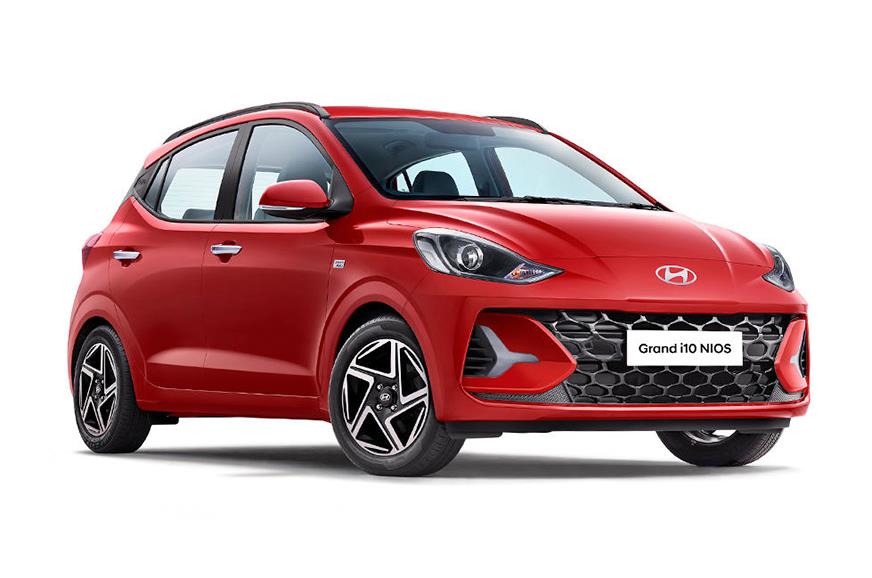Commercial vehicle insurance is a crucial aspect of protecting your business assets and ensuring smooth operations. Whether you own a fleet of delivery trucks, commercial vans, or any other type of vehicle for business purposes, having the right insurance coverage is essential. In this article, you will delve into the important aspects of commercial vehicle insurance, including its types, coverage options, and the significance of third-party insurance.
Commercial vehicle insurance is specifically designed to protect vehicles used for business purposes. It provides coverage for vehicles that are involved in accidents, damaged, or stolen. The main objective of commercial vehicle insurance is to safeguard businesses from financial losses resulting from accidents, injuries, property damage, or legal liabilities.
Types of commercial vehicle insurance
- Liability insurance: Liability insurance is a mandatory requirement for all commercial vehicles. It provides coverage for damages caused by your vehicle to another person’s property or injuries caused to someone else in an accident. Liability insurance is further divided into two categories: bodily injury liability and property damage liability. Bodily injury liability covers medical expenses, rehabilitation costs, and legal fees in case of injuries, while property damage liability covers repair or replacement costs for damaged property.
- Collision coverage: Collision coverage is optional but highly recommended for commercial vehicles. It covers the repair or replacement costs of your vehicle in the event of an accident, regardless of who is at fault. Collision coverage is particularly important for businesses that heavily rely on their vehicles for daily operations.
- Comprehensive coverage: Comprehensive coverage provides protection against damages to your vehicle that are not caused by a collision. This includes theft, vandalism, fire, natural disasters, or falling objects. Comprehensive coverage ensures that your business is financially protected against unforeseen events that could significantly impact your operations.
- Uninsured/Underinsured motorist coverage: This type of coverage is crucial in situations where your vehicle is involved in an accident with a driver who does not have insurance or has inadequate coverage. Uninsured/underinsured motorist coverage helps cover medical expenses, lost wages, and property damage caused by such drivers.
Significance of third-party insurance
One of the key elements of commercial vehicle insurance is third-party insurance. Third-party insurance covers the damages caused to a third party’s property or injuries sustained by a third party due to the insured vehicle. This type of insurance is particularly essential in commercial vehicle insurance as businesses can face substantial financial liabilities in case of accidents involving other vehicles or pedestrians.
Third-party insurance not only protects your business from legal liabilities but also helps maintain a positive reputation. By having comprehensive third-party coverage, you demonstrate your commitment to taking responsibility for any damages caused by your vehicles. This instills confidence in your customers, partners, and stakeholders, which can be vital for the growth and success of your business.
It is essential for businesses to carefully assess their needs and consult with insurance professionals to determine the most suitable coverage options for their commercial vehicles. Each business is unique, and the specific risks and requirements may vary depending on the nature of the operations, the types of vehicles involved, and the geographical area in which the business operates.
Commercial vehicle insurance provides comprehensive coverage and protection for businesses that rely on a fleet of vehicles. From the essential types of coverage, such as comprehensive, collision, and liability coverage, to optional add-ons like medical payments, rental reimbursement, and cargo coverage, there are various options available to tailor the insurance policy to the specific needs of the business.
Having the right commercial vehicle insurance in place is crucial for mitigating financial risks, ensuring legal compliance, and protecting the business and its assets. By investing in comprehensive coverage and considering the significance of third-party insurance, businesses can operate with confidence, knowing that they are adequately protected against potential risks and liabilities associated with commercial vehicle operations.
In conclusion, commercial vehicle insurance is a critical investment for any business that utilises vehicles for its operations. It provides financial protection against accidents, damages, theft, and legal liabilities. The various types of coverage options, such as liability insurance, collision coverage, comprehensive coverage, and uninsured/underinsured motorist coverage, allow businesses to customise their insurance policies based on their specific needs.
Moreover, third party insurance plays a vital role in commercial vehicle insurance by covering damages caused to third-party properties or injuries sustained by third parties. It not only safeguards your business from legal liabilities but also enhances your reputation and builds trust among your stakeholders.
When obtaining commercial vehicle insurance, it is essential to assess your business’s requirements, the value of your vehicles, and the nature of your operations. Consulting with insurance experts and comparing multiple insurance quotes can help you make an informed decision and secure the best coverage for your commercial vehicles. Remember, investing in the right commercial vehicle insurance policy is an investment in the long-term success and stability of your business.





